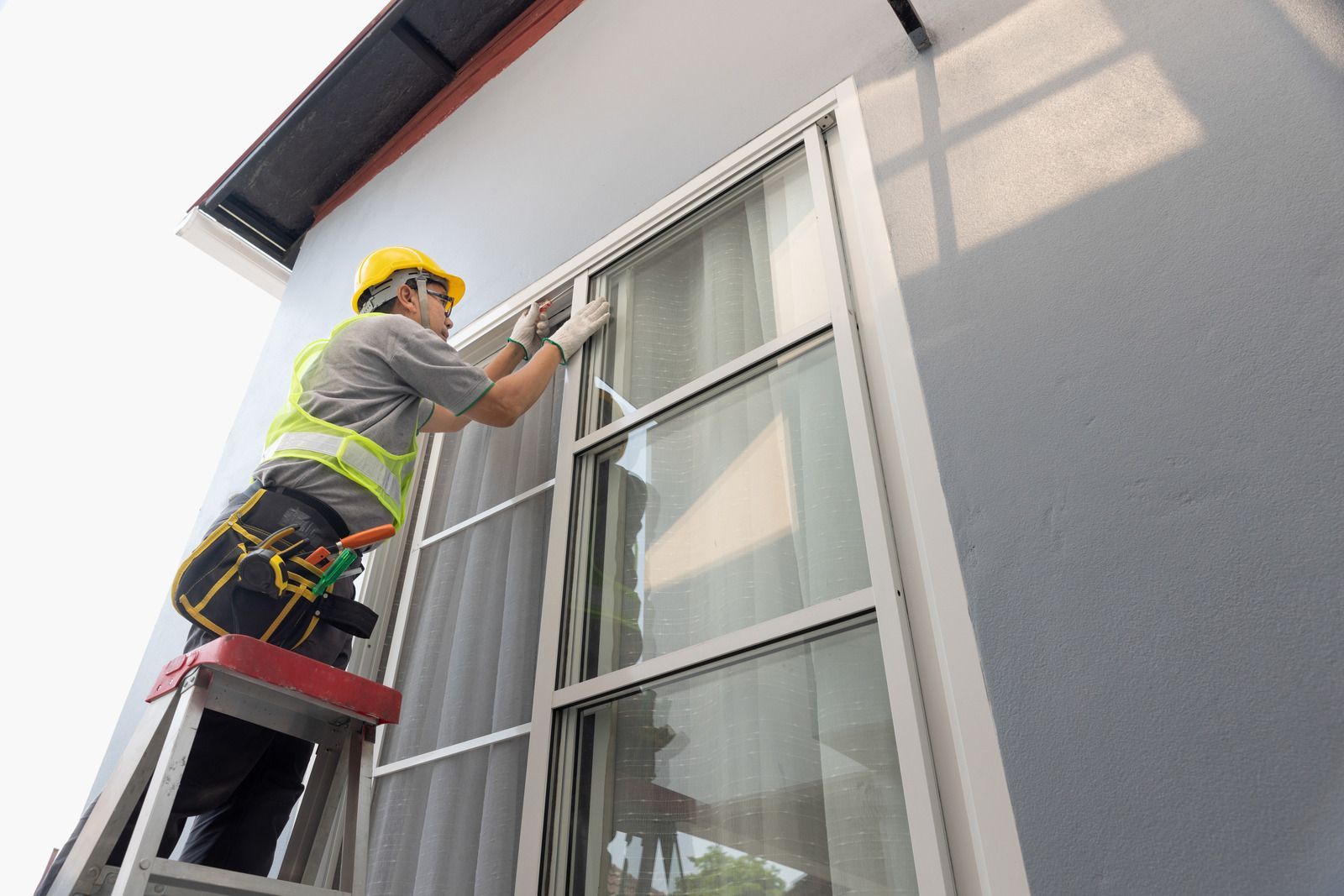When to Replace Single-Pane Glass in Your Home
Single-pane windows were common in older homes, but they no longer meet modern energy efficiency standards. These windows can increase energy costs and fail to provide proper insulation. Replacing single-pane glass is often the best solution for improving comfort and reducing expenses. Upgrading your windows not only enhances energy efficiency but also boosts the overall value of your home. However, many homeowners may not recognize when it is time to make the switch. This blog will guide you through the signs that indicate replacement is necessary.
Signs Your Single-Pane Glass Needs Replacement
Poor Energy Efficiency
Single-pane windows allow heat to escape during winter and let heat in during summer. This inefficiency often leads to higher energy bills. If you notice your heating or cooling system working harder than usual, your windows may be to blame. Switching to modern options like double-pane or energy-efficient glass can reduce your energy costs.
Visible Damage
Cracks, chips, or broken seals are clear signs of wear and tear. Damaged glass can compromise safety and reduce insulation. Replacing the glass restores the security and comfort of your home.
Difficulty Maintaining Indoor Temperature
If certain rooms feel colder or warmer than others, your single-pane windows may not be providing adequate insulation. This issue can make your home less comfortable and increase the strain on your HVAC system. Replacing these windows with insulated options ensures consistent indoor temperatures.
Benefits of Replacing Single-Pane Glass
Improved Energy Savings
Modern windows come with better insulation properties. Double-pane or triple-pane glass reduces heat transfer, keeping your home comfortable throughout the year. This improvement can lead to noticeable savings on your energy bills.
Increased Comfort
New windows block drafts and minimize cold spots near the glass. You will enjoy a more comfortable living environment without relying heavily on heaters or air conditioners.
Better Noise Reduction
Single-pane glass does little to block outside noise. Replacing it with insulated glass can make your home quieter, offering a peaceful indoor atmosphere.
When to Act
Older Windows
If your windows are more than 15-20 years old, it is likely time to replace them. Older windows often lack modern technology that improves efficiency and durability.
Frequent Repairs
Spending money on constant repairs for single-pane windows adds up over time. Replacing the glass eliminates the need for ongoing maintenance and provides a long-term solution.
Resale Value
Upgraded windows can make your property more attractive to potential buyers. Energy-efficient and well-insulated windows are features many homeowners look for when purchasing a home.
Choosing the Right Replacement
Select windows that match your needs and climate. Double-pane windows are ideal for most homes. They provide excellent insulation and durability. Consider additional features like UV protection or low-emissivity coatings for extra benefits.
Replacing single-pane glass improves energy efficiency, comfort, and safety. Pay attention to signs like high energy bills, visible damage, and inconsistent indoor temperatures. Upgrading to modern windows adds long-term value to your home and reduces maintenance costs. Make the switch today to enjoy a more comfortable and efficient living space.

